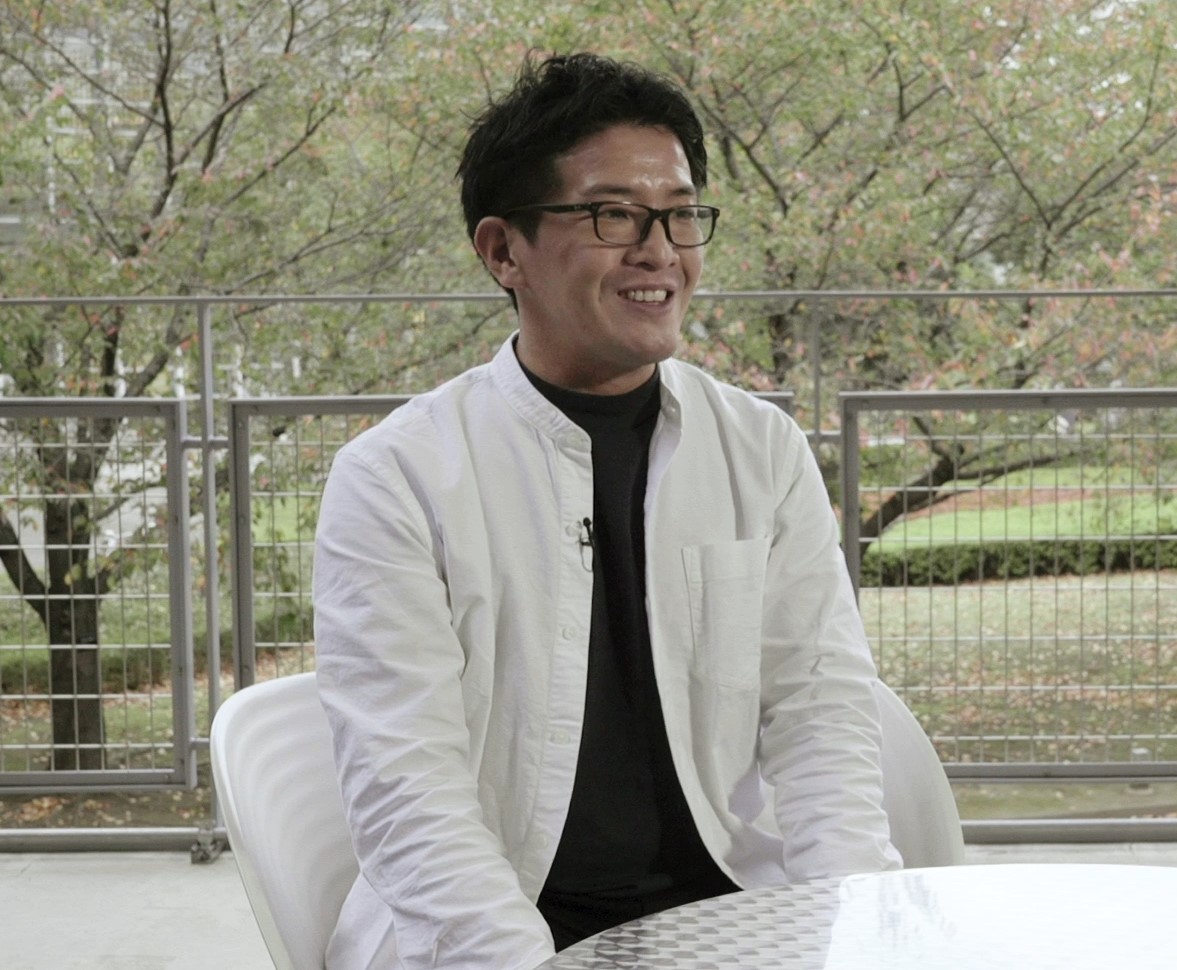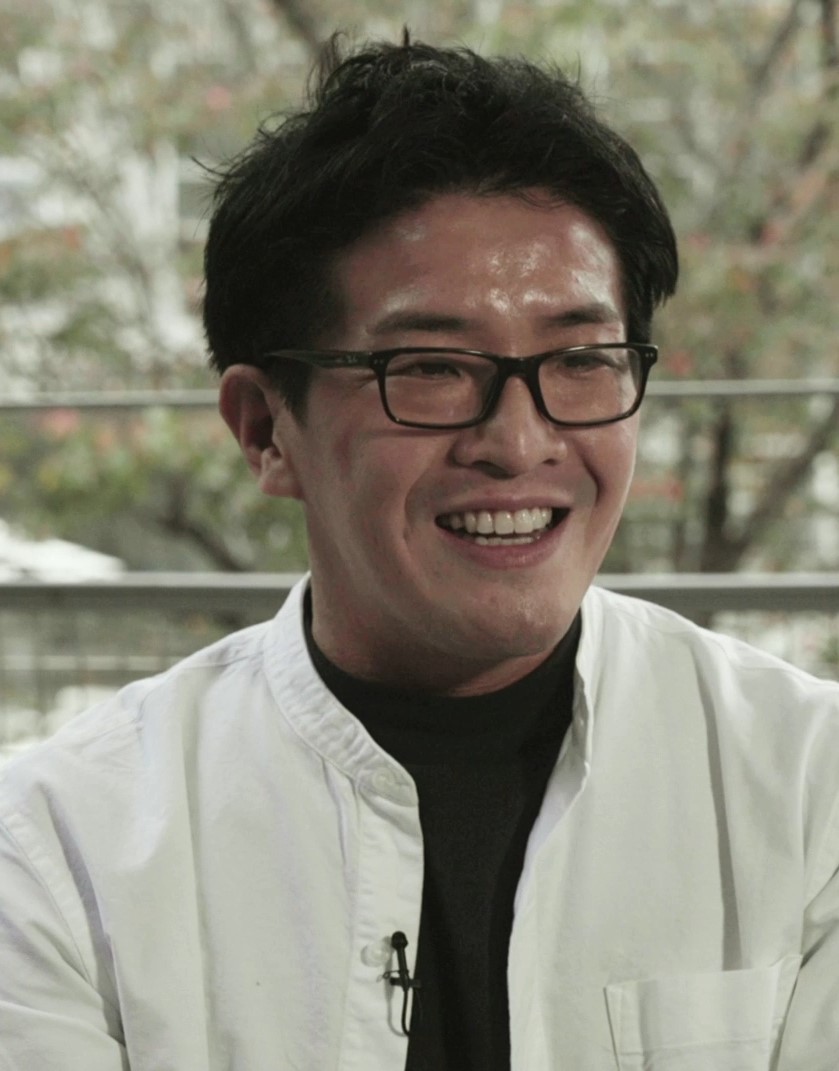 Graduated from Engineering Management Division of Engineering Department, Musashi Institute of Technology (currently Tokyo City University) in March 2005; worked as a system engineer at a private company to take care of information system development and operation; joined the Ministry of Internal Affairs and Communications (MIC) in October 2010 to work for broadcasting and information communication; and currently work for transaction of broadcasting content creation at MIC; was enrolled in the STI policy Master's program from April 2020 through March 2021.
Graduated from Engineering Management Division of Engineering Department, Musashi Institute of Technology (currently Tokyo City University) in March 2005; worked as a system engineer at a private company to take care of information system development and operation; joined the Ministry of Internal Affairs and Communications (MIC) in October 2010 to work for broadcasting and information communication; and currently work for transaction of broadcasting content creation at MIC; was enrolled in the STI policy Master's program from April 2020 through March 2021.
"A view on how the information communication policy should be to accelerate digital transformation - Acceleration of DX in Japan by use of external human resources"
I examined various policies and cases to identify the essence of Information Communication Technology (ICT) policies needed to accelerate DX across Japan. I clarified the importance of "using external human resources" to accelerate DX in local areas through interviews to the local governments and the people outside the local governments. The interview result showed that (1) the four things common to the local governments that are promoting digitization by good use of external human resources are: Having Visions, Monetizing, Citizens' Understanding, and Wide-spreading of Digitization; and (2) side-business type employment is ideal to obtain external human resources, including subscription. On the other hand, it is important to make clear the difference of roles between the local government employees and the external human resources. To enable this, I proposed it is essential for the local governments' absorptive capacity to be advanced.
Q: What made you decide to be enrolled in the Master's Program?
A: I felt it is necessary to make policies by understanding the ever-changing technologies and environment. This has made me to wish systematically learn the knowledge about science, technology and innovation policies. I also wanted to learn policies in practical setting rather than doing solely academic study. So, I chose the GiST program where Professor Ueyama and others who are active in various government councils and committees are lined up as faculty members.
Q: What do you think the most attractive with the GiST program?
 A: I would say there are two attractive points. One is the excellent curriculum. I can take classes in wide areas, including history, policy assessment method, and industry-university-government policies. Also, the fact that the faculty members are active in the government councils and committees enables the students to have opportunities to hear behind-the-scene stories. Another is the diversity in the students' backgrounds. Studying with government officials, members at research institutions and private companies, and international students mainly from Asian countries, even online due to the pandemic, gave me an excellent environment to make me recognize various viewpoints on STI policies.
A: I would say there are two attractive points. One is the excellent curriculum. I can take classes in wide areas, including history, policy assessment method, and industry-university-government policies. Also, the fact that the faculty members are active in the government councils and committees enables the students to have opportunities to hear behind-the-scene stories. Another is the diversity in the students' backgrounds. Studying with government officials, members at research institutions and private companies, and international students mainly from Asian countries, even online due to the pandemic, gave me an excellent environment to make me recognize various viewpoints on STI policies.
Q: Did you do any preparation to be enrolled?
A: I had a paper exam followed by an interview exam. For several months before the paper exam, I studied the exams in the past. I also tried to catch up with the recent STI policy trend. For the interview, I tried to organize myself to be able to answer such questions as my job experience, what I would like to study at the GiST program, and a possible Master's thesis.
Q: What kind of classes did you take?
A: For example, the class of "Science, Technology and Entrepreneurship" is to learn the STI policy cases in the past from the papers produced overseas. The class of "Bibliometrics and Applications" is to learn the bibliometric method to analyze the elements in the papers and books. "Science and Technology Administration System and Index" is to learn basic concept and theory about S&T policies and the basic knowledge of indexes about S&T policies. "Energy Policy in Japan" is to learn the energy policies in Japan, including decarbonization and hydrogen society.
The most impressive to me was the class of "Innovation Creation from Public Institutions." This class is also one of the classes for the "Short-term STI Policy and Management Program" which is held over the weekends and can be participated even if not enrolled as a GRIPS student. The class has various different STI-related guest speakers every week, including start-up managers, venture capital, and professors in innovation research. This year the class was held online due to the pandemic, but the lively questions and answers attracted me to enjoy the classes with new findings every time. The classes in English took time for preparation and review, but were good opportunities to improve my presentation ability in English. The view of the international students was very impressive, as they are from different backgrounds.
Q: Did you receive any support in writing the Master's degree thesis? Was the curriculum of help?
A: The Master's program had to be finished in one year. So, I took most of the classes required to complete the program in spring and summer semesters to allocate the remaining half a year for writing a degree thesis. The GiST program has a class named Research Seminar that is set for the students to talk with the faculty members about the thesis and progress of writing. This class helped me when I was struggling how to proceed. I could make progress, having advise from the faculty members. The GiST program has 11 faculty members, including visiting professors, who all gave me appropriate advice from their viewpoints. It helped me to notice things, if not being advised by them.
Q: Any message to those who will apply for the GiST program?
A: STI policy is one of the most important policies that decide the future of Japanese economic development. The environment surrounding this field is rapidly changing and requires us to be daily updated with the information. In addition, the evaluation of the history and research in the past, as well as analyses of the current issues are important. The GiST program offers an opportunity where you can learn, through discussions, how to make the best use of such changes at your company or government. It is indeed a good program to train practical thinking abilities.